Petite Riviere Elementary Gets Eggcited About Local Food!
Back to stories
Petite Riviere Elementary School on the South Shore of Nova Scotia has gone to the birds, literally! With a hope to add more healthy food choices for students, the school has added a flock of laying hens to their schoolyard. From the moment the fertilized eggs arrived, inquiry- and exploration-based learning have flourished on a journey toward understanding our food.
This initiative began with a visit from a knowledgeable parent and her beautiful Road Island Red Hen. She talked with the students about chickens, their needs, and how to care for them.
The excitement started ramping up as students set up an incubator with 35 newly named eggs! Some of the names included: Deer, Cupcake Sprinkle, Mr Parker, Calaaa and Joe. What would you name your chicken eggs if you had some? Egg incubation time meant the students had to have patience as they waited the 21 days for their eggs to hatch.
“Did you know that chicks have an egg tooth that helps them peck their way out of the eggs?” ~Reegan, Grade three
Throughout November, students had to check and maintain the temperature and humidity of the incubator to care for the eggs. They also learned how to candle eggs to see if any chickens were not developing. This was a great learning experience for the kids and they were able to work through the sad discovery that some eggs had stopped developing. Students experienced and explored empathy for each other and other living things.
“I saw the chicken inside the egg, this is the most beautiful thing I’ve ever seen!” ~Rose, Grade Primary
While the eggs were kept safe and warm in the incubator, their new home was being built. Coop building was a time for the school community to come together. Students, parents, and community members were invited to four weekends of Chicken Coop Work Parties. With the disclaimer that no experience was necessary, the participants always had lots of help, fun, and donated supplies.
“It’s like we are waiting for all our babies to arrive!” ~Ali, Grade Two
While candling the eggs two days before hatching day, it was discovered that the eggs had stopped developing around the fourteenth day. Everyone was unsure what had happened to trigger the abrupt stop and Petite Riviere Elementary staff had to decide how to continue. After many phone calls around the province, they were able to get 15-day-old chicks from the Annapolis Valley on the day after their own chicks should have hatched. Excitement about the new arrivals helped the students work through the disappointment that none of their original eggs had hatched.
The story gets better.
December is not the typical time of year to hatch laying hens so the chicks received at Petite Riviere Elementary were actually meat birds! Although staff did not initially share this information with the students, a few students with farms shared in the kindest way possible that the new chickens were not laying hens but meat birds. Again, the students showed resilience as they enjoyed caring for the chicks while knowing that over Christmas Break their growing meat chicks would be headed back to the Annapolis Valley and new one-year-old laying hens would be taking their place. When the students returned to school in January there were eight laying hens in their coop. What an awesome adventure!
The chicken project evolved into the main learning theme for all grades in the school. The chickens inspired research, art, writing, and data collection. The grade one/two and five/six classes explored chicken life cycles and other fun facts. Did you know chickens can have dreams? I wonder if they are dreaming about their red heat lamp on these cold winter days?!
Now Petite Riviere Elementary students love to head outside to visit the chickens. They collect eggs from the coop next to the garden, which uses an existing fenced area. Students care for their chickens by adding food and checking their water. One class recently researched and shared what chickens can and cannot eat, and classrooms are now collecting food waste for chickens to eat! The natural life cycle will continue as chicken waste will be composted and then used in the school garden. The students are excited to eat the best eggs ever and they have a new understanding of the whole egg production process.
As with any school project, money is required to have laying hens at school. This project was funded with Petite Riviere Elementary’s winnings from the Plastic Bag Grab Challenge and a $1500 grant from Farm to Cafeteria Canada. With a goal to “bring healthy, local food into schools, and provide students with hands-on learning opportunities that foster food literacy, all while strengthening the local food system and enhancing school and community connectedness,” this project was a great choice for Farm to Cafeteria. You can browse their resources and gain inspiration from other awesome school projects from across Canada like Farm to School.
Here are some resources on how to keep chickens at school:
Sustainable Learning – “Keeping Chickens in School”
Poultry Keeper – “Keeping Chickens at School”
~Natalie McMaster
Engagement Officer, Southern NS


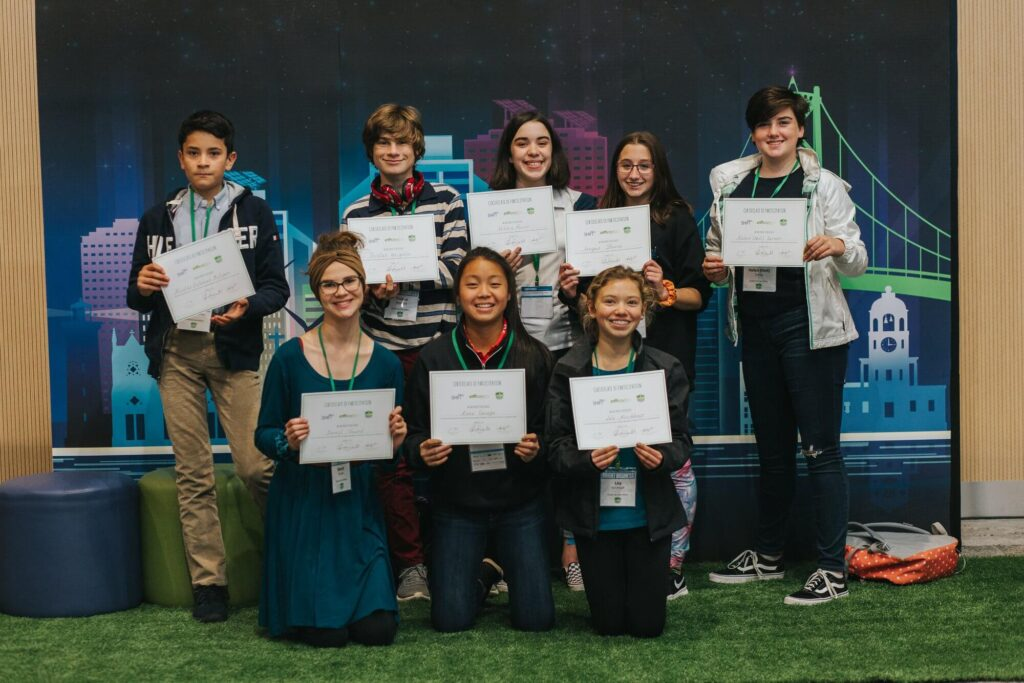


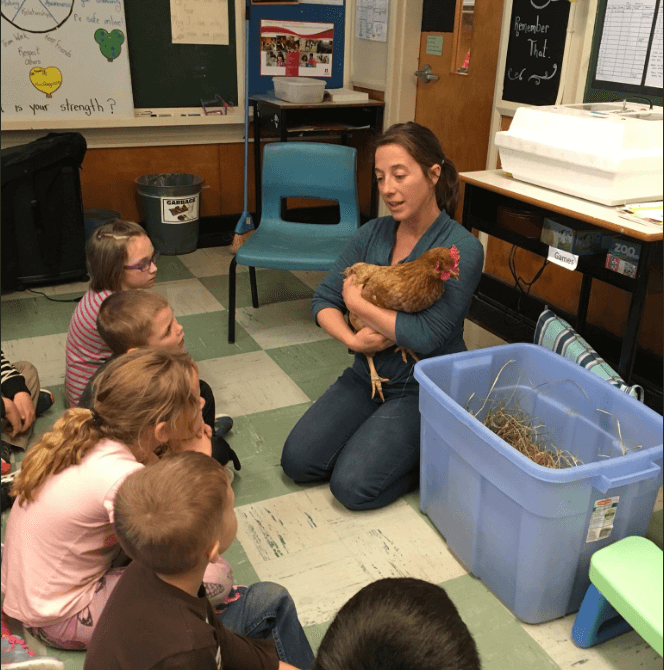


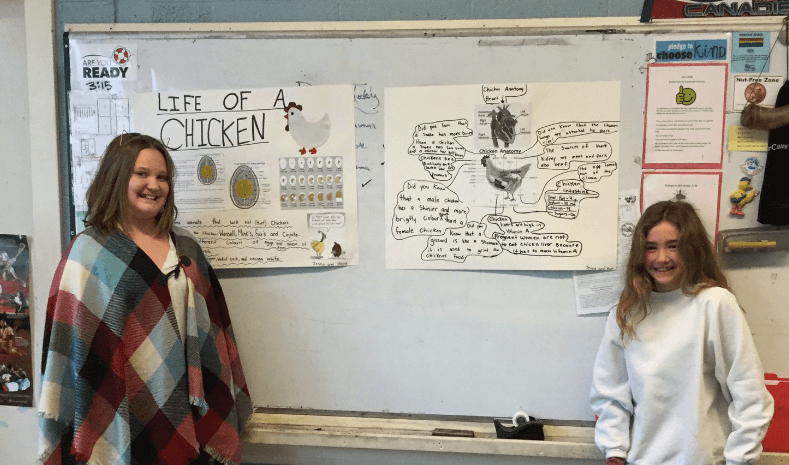




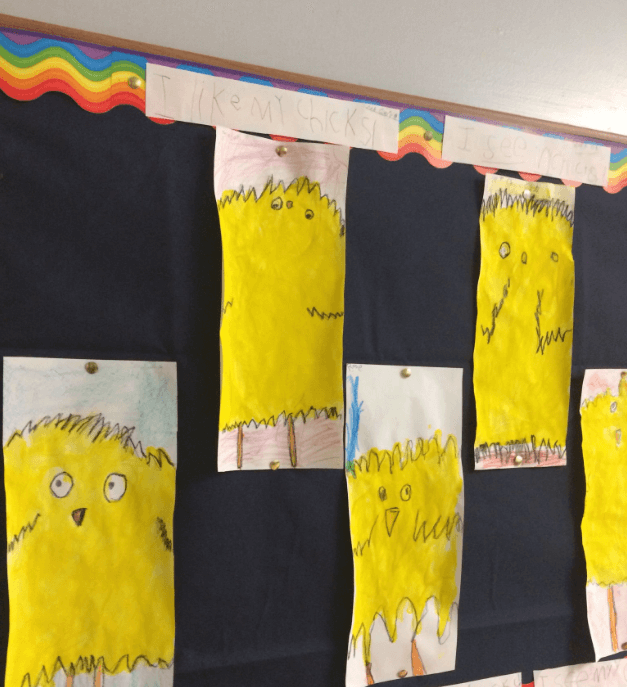

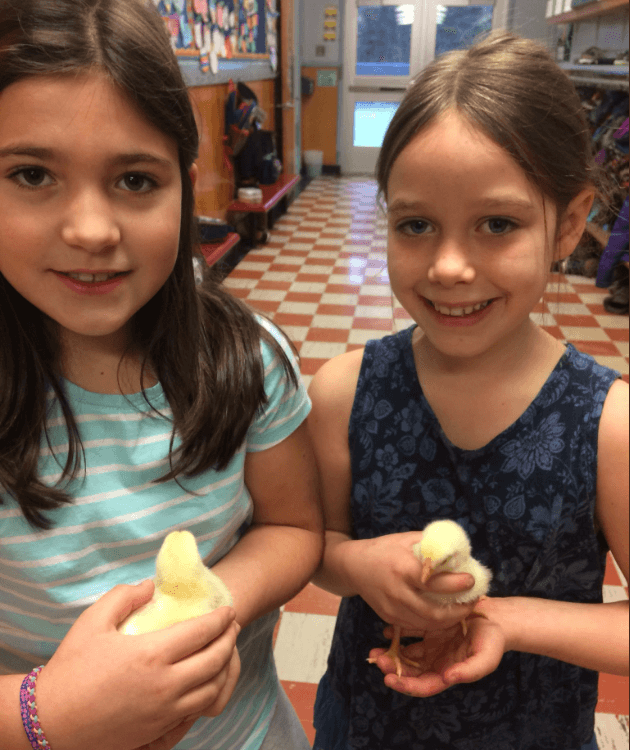

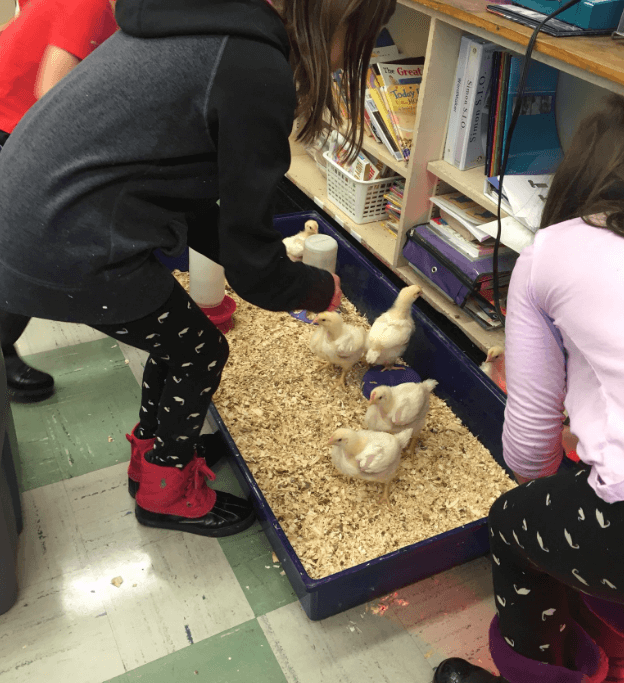



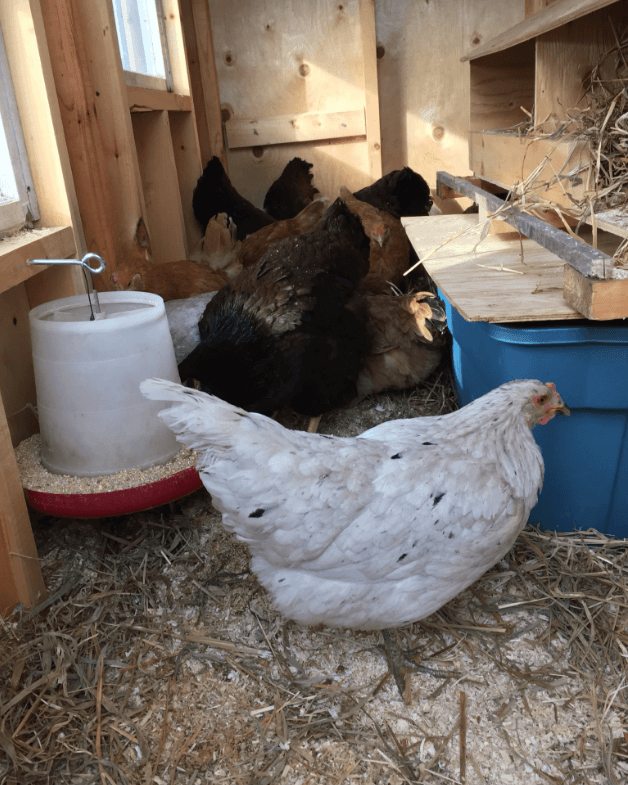


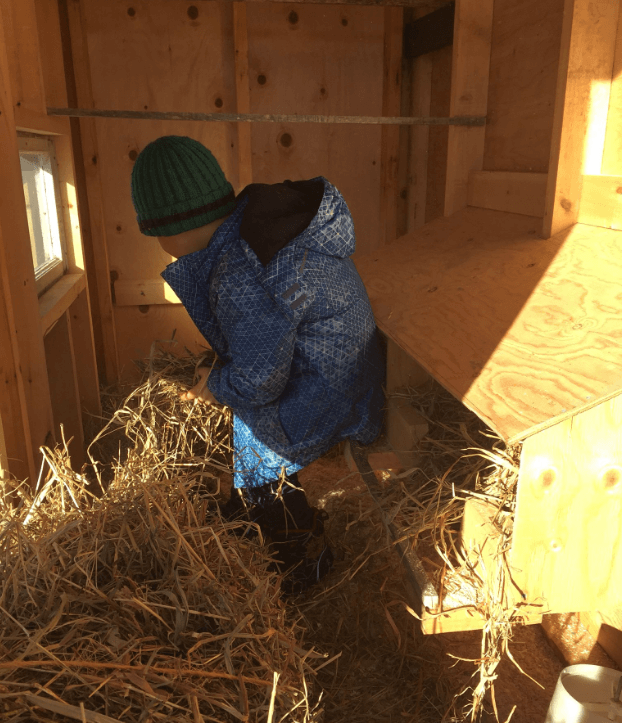


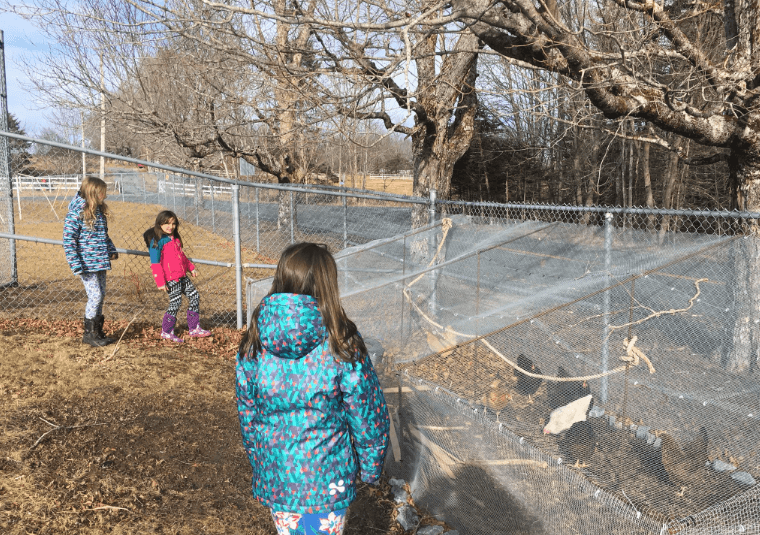
Leave a Reply
You must be logged in to post a comment.